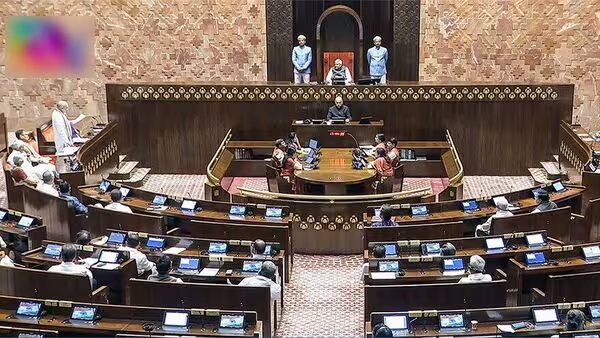‘With the ‘Matrika’ menstrual leave policy, we are taking a step toward normalising conversations around women’s health and well-being,’ Harish Kohli, president and managing director of Acer India said.
Harish Kohli, Acer India president and MD, said, ‘A workplace that truly supports its people goes beyond policies—it fosters understanding, respect, and real change.’
Acer India has introduced a menstrual leave policy that would give female employees one additional day of paid leave per month, as the tech firm joined a growing roster of companies looking to foster a more supportive workplace and champion gender-inclusivity.
In a statement, the company said its latest move would enable female staff to prioritise their menstrual health without impacting their regular leave entitlements.
“Acer India has introduced ‘Matrika’, a menstrual leave policy to foster a more inclusive and supportive workplace…Under this policy, female employees will be entitled to one additional day of paid leave each month…,” Acer India said.
“A workplace that truly supports its people goes beyond policies—it fosters understanding, respect, and real change. With the ‘Matrika’ menstrual leave policy, we are taking a step toward normalising conversations around women’s health and well-being,” Harish Kohli, president and managing director of Acer India said.
Bhasker Bhandary, senior director of HR, added, “At Acer India, we believe that true inclusivity goes beyond policies, it is about fostering a culture of empathy and support. With the ‘Matrika’ menstrual leave policy, we are taking a meaningful step toward acknowledging the health needs of our women employees while reinforcing workplace equity.”
Earlier this month, engineering and construction company Larsen and Toubro had declared a one-day paid menstrual leave for women employees. The organisation has a workforce of 60,000 people, of which 9 percent of the total staff, about 5,000 of them are women employees.
The announcement also came after L&T chairman SN Subrahmanyan received flak over his 90-hour workweek statement. Subrahmanyan had earlier suggested a 90-hour work week for employees while also expressing disappointment about the inability to implement working on Sundays.
Source:






















